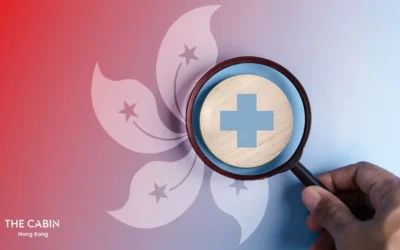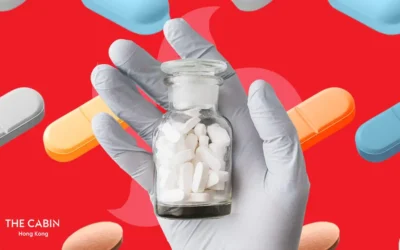Addicts are often misunderstood by those close to them. In fact, few people understand the complexities of addiction outside of professionals in the field and those who have struggled with it. We share five truths that addicts wish you knew about addiction.

Sharelines
While we are all aware of addiction, few of us can truly grasp the breadth of it. If you are a loved one of an addict it is likely that this disorder has left you feeling hurt, confused and frustrated at one time or another. Indeed, unless you are in recovery or a professional in the field of addiction treatment, it is virtually impossible to fully understand. In an effort to bridge the gap, we have compiled a list of truths that those struggling with addiction wish their loved ones knew about the illness.
1. Addiction is Not About Willpower.
Willpower has very little to do with addiction. This is a reality that even some addicts themselves may not completely be aware of. Addiction has to do with the brain’s reward circuitry. Addiction effectively hijacks the brain and negates one’s ability to enact willpower. When you are in the throes of addiction, your brain equates using the substance with an act of survival. A person battling with this disorder may very well have a strong desire to stop using, but the brain-altering impacts of addiction overpower all reasoning.
2. Addiction is Not Just About Getting High.
While someone may begin to abuse substances because they want to get high, it is not the driving force behind addiction. As substance abuse crosses the threshold into addiction, it is less about getting high and more about using a drug in order to be able to function. Those with addiction get to the point where they can no longer function properly without the substance due to the physical or emotional symptoms of withdrawal that they experience. This point draws on the same logic as the last one — addiction is bigger than a person’s willpower or desire to get high. Those who struggle with an addiction have impairment in decision-making that happens on a biological level in the brain.
3. No One is Immune to Addiction.
Addiction is found amongst all ages, genders, ethnicities, personalities and socio-economic standings. While certain people may be more prone to addiction due to environmental or genetic reasons, the fact is that no person is resistant to addiction. Parents of addicts often grapple with how their children develop this disorder despite being raised in a good home by loving caregivers. But there is no vaccination against addiction — it can happen to anyone. It is also important to consider the incredibly addictive nature of some drugs, especially in today’s day and age. Many substances need only to be tried once before a person is hooked.
4. Multiple Factors Lead to Addiction.
No single factor leads to addiction. Many people make the mistake of simplifying the path of addiction. This disorder is caused by both genetic and environmental factors that impact the brain’s reward circuitry. So, just because a person may have multiple relatives with addiction issues, does not mean they are also automatically going to struggle with addiction. Similarly, even if you were raised in a stable and structured home, with no history of addiction in your family, you are not protected from developing this disorder. There are many risk factors that, when combined, lead to addiction.
5. Being an Addict Does Not Mean You are a Bad Person.
Shame and guilt are common emotions of both individuals in active addiction and those in recovery. These feelings are often rooted in the belief that their addiction makes them a person of low moral character. After all, society continuously perpetuates many negative myths about addictions and addicts. It is true this disorder can often lead people to do things they never would under normal circumstances; the nature of the illness is such that a person will do anything and everything to get their ‘fix.’ Addiction does not leave room for proper decision-making or forethought. As a progressive brain disorder, committing dangerous or immoral acts is simply a symptom of addiction as a brain disorder. It does make you a bad person; it makes you a person in need of help.
Treatment for Addiction
We hope that we were able to shed some light on the lesser-known truths that addicts wish to share with their loved ones and the rest of the world. The key point to take away is that addiction is no one’s fault; it is a chronic and often relapsing disorder. However, the good news is that there is help. If your loved one is struggling with addiction, contact us today.




